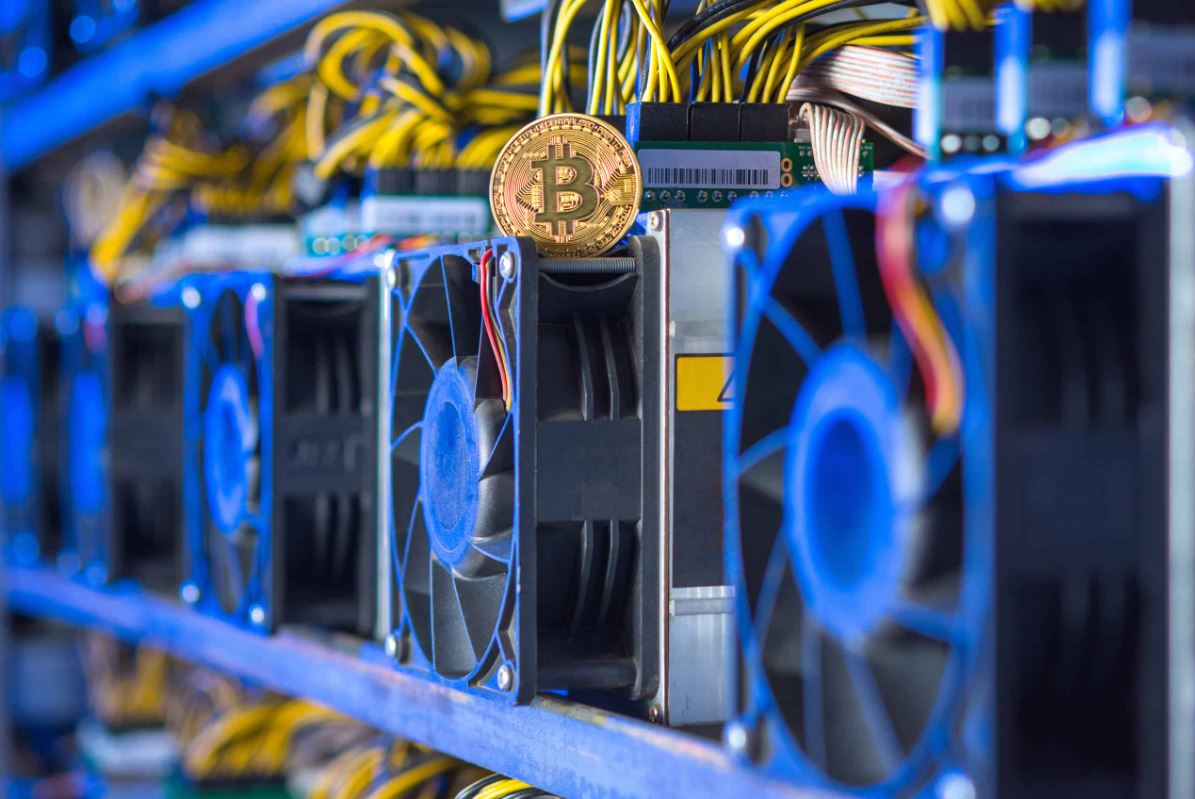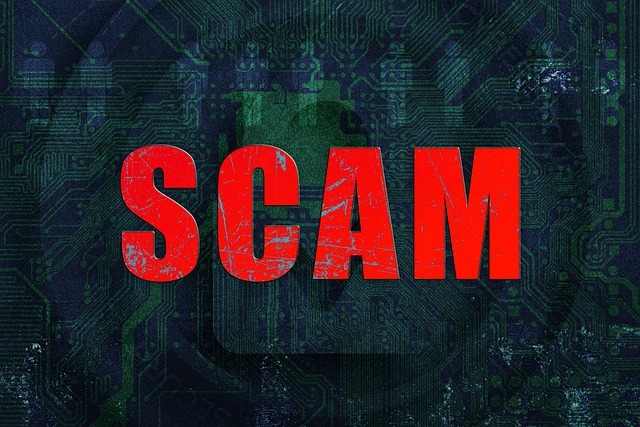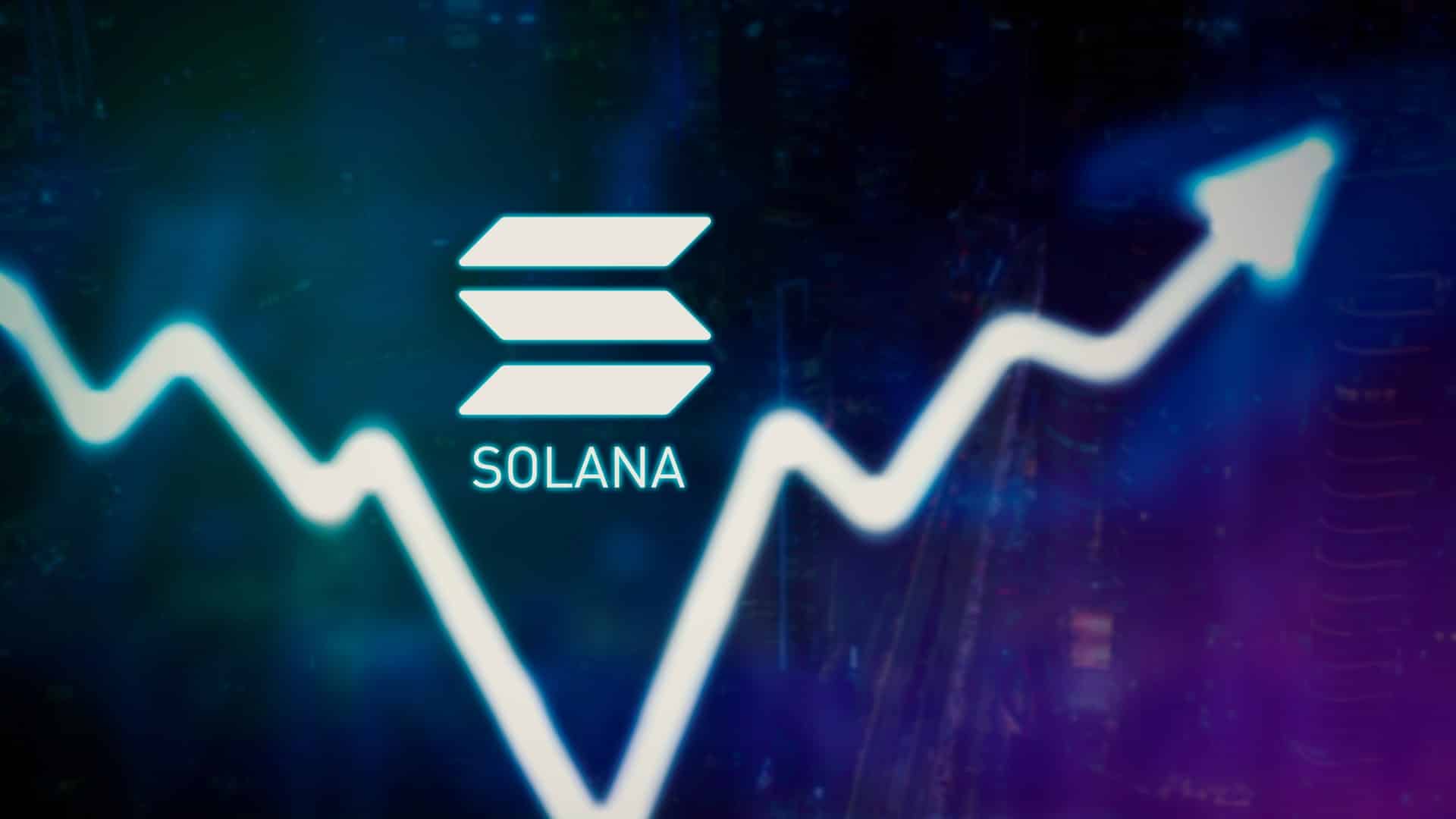Specialist lawyer Lutz Auffenberg and his law firm Fin Law have specialized in the field of fintech and innovative technologies. In particular, blockchain technology and its regulation is the focus of his work. In his guest post he addresses the question of what IDOs are and which regulatory obligations initiators can meet.
Since the end of 2017 at the latest, the option of selling self-created crypto tokens to investors has become a popular new method of raising capital for companies. There are different types of such token sales. Probably the best-known form, which also triggered the first hype in the area of token sale events at the end of 2017, is the so-called Initial Coin Offering, or ICO for short. Companies use smart contracts to create their own crypto tokens on suitable blockchain infrastructures, which they then sell to interested investors. Insofar as tokens are linked to rights similar to securities such as return claims or rights of co-determination, their public offer can also be a so-called Security Token Offering (STO).
About two years ago, several international crypto exchange exchanges began to expand their offerings with so-called Initial Exchange Offerings (IEO). In addition to the technical programming of the tokens to be offered, they also offer token issuers a listing on the swap exchange in order to give interested investors a direct purchase and trading opportunity for the tokens. The most recent form of token sales are the so-called Initial DEX Offerings (IDOs). Token issuers do not use a centrally acting crypto exchange platform as a connected trading venue, but rather handle the first public offer and, if necessary, secondary trading via so-called decentralized exchanges (DEX).
How do IDOs work?
With IDO, the token issuer offers its tokens to investors via a decentralized exchange platform. Such DEX are autonomous, decentralized programs that function via smart contracts on suitable blockchains and that do not require an immediate operator. This represents the decisive difference to centrally designed crypto exchange platforms. The latter always have a responsible operator who brings together supply and demand on the platform through his service and who takes care of the processing in the event of commercial transactions. At DEX, both the merging of providers and investors as well as the processing of crypto transactions are implemented automatically via a suitably programmed smart contract.
Both token providers and investors can interact independently with the smart contract and buy or sell them to other DEX trading participants via the DEX token. DEX trading participants store blockchain addresses with which they want to participate in decentralized trading. Token issuers can thus offer their tokens to be offered on the DEX by listing a blockchain address in the DEX on which the tokens to be offered are available as credit. In order to acquire the crypto tokens, investors can then send other crypto currencies in the equivalent of the intended investment volume to the blockchain addresses of the token issuer stored in the DEX. The DEX will then automatically transfer crypto tokens to the investor in the desired equivalent value.
Which regulatory obligations can an IDO trigger?
The actual trading on a DEX works decentrally and therefore without a clearly responsible operator. However, those involved can still be addressees of supervisory obligations. If, for example, the tokens to be offered are to be classified as securities within the meaning of the EU Prospectus Regulation, the issuer must prepare a securities prospectus or any other required documentation for the first public offer. With regard to the DEX itself, authorization requirements can also be triggered for the initiators of the platform, depending on the individual case.
If, for example, the initiator of the DEX retains administrator rights that enable trading via the DEX to be influenced or transactions via the DEX trigger transaction fees that accrue to the initiator, these are arguments that in individual cases can speak in favor of the initiator’s supervisory responsibility. Ultimately, there is actually no relief for the issuer of the tokens with IDOs in terms of regulatory law compared to other forms of token sale events. For the initiators of the DEX to be used, it depends on the extent to which the DEX actually functions autonomously and whether the initiator has connections to the operation of the DEX, for example by receiving transaction fees from trading activities via the DEX.
- PEPE Price Analysis and Prediction – January 14, 2025 - January 15, 2025
- Washington Post: Trump to sign new bitcoin legislation on first day in office - January 14, 2025
- Here’s Why Cardano’s Price Might Climb by 140% - January 13, 2025




![The strategic approach to AI in the enterprise 8 Top 10 Leading Countries in AI Research and Technology [current_date format=Y]](https://cryptheory.org/wp-content/uploads/2023/08/ai-strategie.jpg)



















